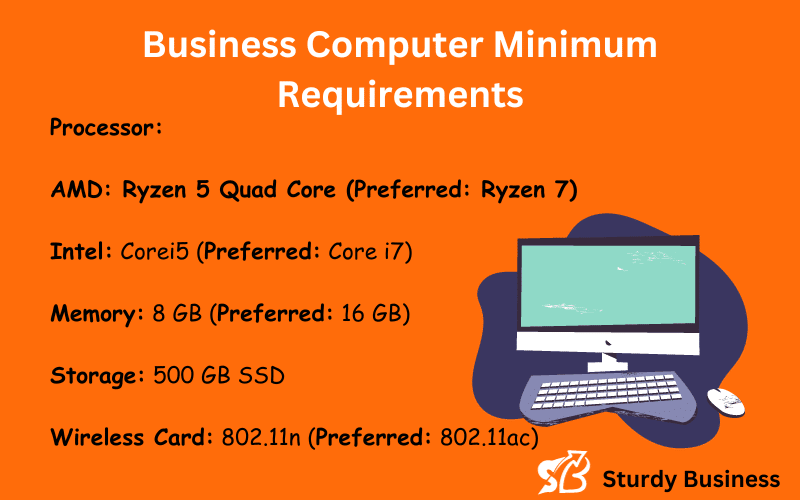Quick Tips For Buying A Laptop
In today's fast-paced digital landscape, finding the perfect laptop to meet your specific needs can be a daunting task. The market is flooded with options, each boasting an array of features and specifications. To help you make an informed decision and simplify the process, we've compiled a list of quick tips for buying a laptop. Whether you're a student, professional, or casual user, these guidelines will steer you in the right direction.
Define Your Purpose:
Before diving into the sea of laptops, clearly define the primary purpose for which you need the device. Are you a student who needs a lightweight laptop for note-taking, a creative professional requiring powerful specs for graphic design, or a casual user for basic tasks? Identifying your needs will narrow down the options and guide your decision-making process.
Consider Portability:
If you're constantly on the move, portability becomes a crucial factor. Laptops come in various sizes and weights, ranging from ultrabooks to larger, more powerful models. Consider the balance between portability and performance based on your lifestyle and usage patterns.
Check Performance Specifications:
Understanding the key specifications is essential. Pay attention to the processor (CPU), RAM, storage type (HDD or SSD), and graphics card. A faster processor and ample RAM are crucial for multitasking, while an SSD will significantly improve overall system responsiveness.
If you are not sure what are the best specs you need, According to Sturdy Business, here are the best specs that you need for professional and personal use:
14-inch display, an Intel i5 or AMD Ryzen 5 processor, 16GB DDR4 or higher RAM, and 512GB of SSD storage.
Battery Life Matters:
For users who are frequently on the go, battery life is a critical consideration. Look for laptops with extended battery life, especially if you plan to use the device for long hours without access to a power outlet. Manufacturers often provide estimated battery life, but real-world usage may vary.
Display Quality:
The laptop display is your primary interface with the device, so choose wisely. Consider factors such as resolution, color accuracy, and brightness. If you're into content creation or entertainment, a higher resolution and vibrant display may enhance your overall experience.
Connectivity Options:
Check the available ports and connectivity options. USB-C, HDMI, and SD card slots are commonly used, but the specific ports you need depend on your intended use. Ensure the laptop has the necessary ports to connect your peripherals and accessories.
Operating System Preference:
Choose an operating system that aligns with your preferences and requirements. Windows, macOS, and various Linux distributions offer distinct user experiences. Your choice may also depend on the software applications you need for work or leisure.
Budget Constraints:
Set a realistic budget before starting your laptop search. There's a wide range of options available at different price points. While it's tempting to go for the latest and greatest, finding a balance between performance and affordability is key.
Conclusion:
The laptop market is diverse, catering to a myriad of needs and preferences. By carefully considering your requirements, prioritizing key features, and staying within your budget, you can find the perfect laptop that seamlessly integrates into your lifestyle. Armed with these quick tips, you're well-equipped to navigate the tech jungle and make a confident and informed decision when purchasing your next laptop.


Comments
Post a Comment